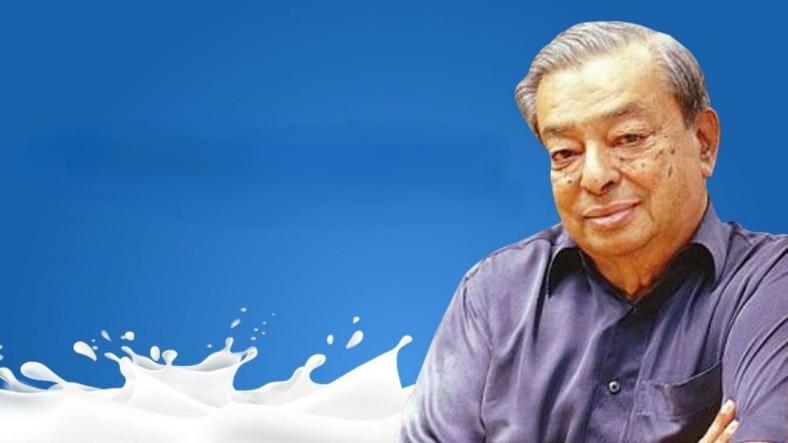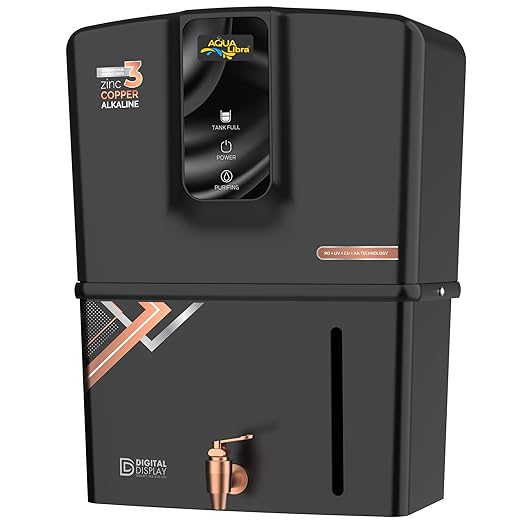When we talk about India’s journey toward self-reliance in food production, one name shines brighter than most – Dr. Verghese Kurien, fondly known as the Father of the White Revolution. He was not just an engineer or a manager; he was a visionary who reshaped rural India through empowerment, innovation, and cooperative spirit.
Early Life and Education
Verghese Kurien was born on November 26, 1921, in Kozhikode, Kerala, into a Syrian Christian family. Though he pursued mechanical engineering at Loyola College, Chennai, his career path changed course when he received a government scholarship to study dairy engineering in the United States. He trained at Michigan State University, acquiring both technical expertise and practical knowledge of the dairy industry.
When Kurien returned to India in 1949, he was assigned to a government creamery in Anand, Gujarat. Initially, he saw it as a mere posting and wanted to leave as soon as his bond ended. But destiny had other plans. His association with Tribhuvandas Patel, a local leader organizing milk farmers, would set the foundation for a revolution.
Birth of Amul and Cooperative Model
The milk producers of Anand were being exploited by private traders and middlemen. To counter this, Tribhuvandas Patel started a cooperative movement, and Kurien was drawn into the cause. Using his technical expertise and management skills, he helped develop a farmer-owned dairy model that not only ensured fair prices for producers but also guaranteed quality milk supply to consumers.
This cooperative came to be known as Amul. Kurien’s commitment and vision transformed Amul into one of India’s most trusted and loved brands. The model was simple yet powerful – farmers owned the cooperative, decisions were made democratically, and profits went back to the producers themselves.
Operation Flood – India’s Dairy Revolution
Building on Amul’s success, Kurien envisioned something even bigger. In 1970, under his leadership, India launched Operation Flood, the world’s largest dairy development program. Its goal was ambitious – to make India self-sufficient in milk production.
Operation Flood linked milk producers across rural India with urban markets, creating a nationwide milk grid. The program provided farmers with infrastructure, veterinary support, training, and assured procurement. By the 1990s, India had overtaken the United States and Europe to become the largest producer of milk in the world.
Kurien’s revolution wasn’t just about milk. It was about dignity, empowerment, and rural development. Millions of small farmers, particularly women, benefited from this movement, as it brought financial independence and social change.
Leadership and Vision
Kurien was not a man who sought power or personal wealth. His leadership style was based on trust, discipline, and unwavering focus on the welfare of farmers. He was known for his sharp wit, straightforwardness, and fearlessness in questioning authority, even when it meant disagreeing with political leaders.
He also served as the Chairman of the National Dairy Development Board (NDDB) and played a crucial role in replicating the cooperative model in other agricultural sectors like edible oils and vegetables.
Awards and Recognition
For his remarkable contributions, Kurien received numerous awards, including:
- Padma Vibhushan (1999)
- Padma Bhushan (1966)
- Padma Shri (1965)
- Ramon Magsaysay Award (1963)
Yet, beyond these honors, his true reward was the transformation of rural India and the prosperity he brought to millions of farmers.
Legacy
Dr. Verghese Kurien passed away on September 9, 2012, but his legacy continues to live on in every drop of milk consumed in India. The Amul cooperative remains a shining example of how collective effort, guided by visionary leadership, can bring about social and economic change.
Summary
Verghese Kurien was more than the Father of the White Revolution – he was a nation-builder. Through the Amul cooperative and Operation Flood, he turned India from a milk-deficient country into the world’s largest milk producer. His vision of farmer empowerment, rural development, and cooperative growth transformed millions of lives, making him one of the greatest social entrepreneurs India has ever produced.
Thanks for reading the article, for more great peoples related articles read our peoples blog articles.










